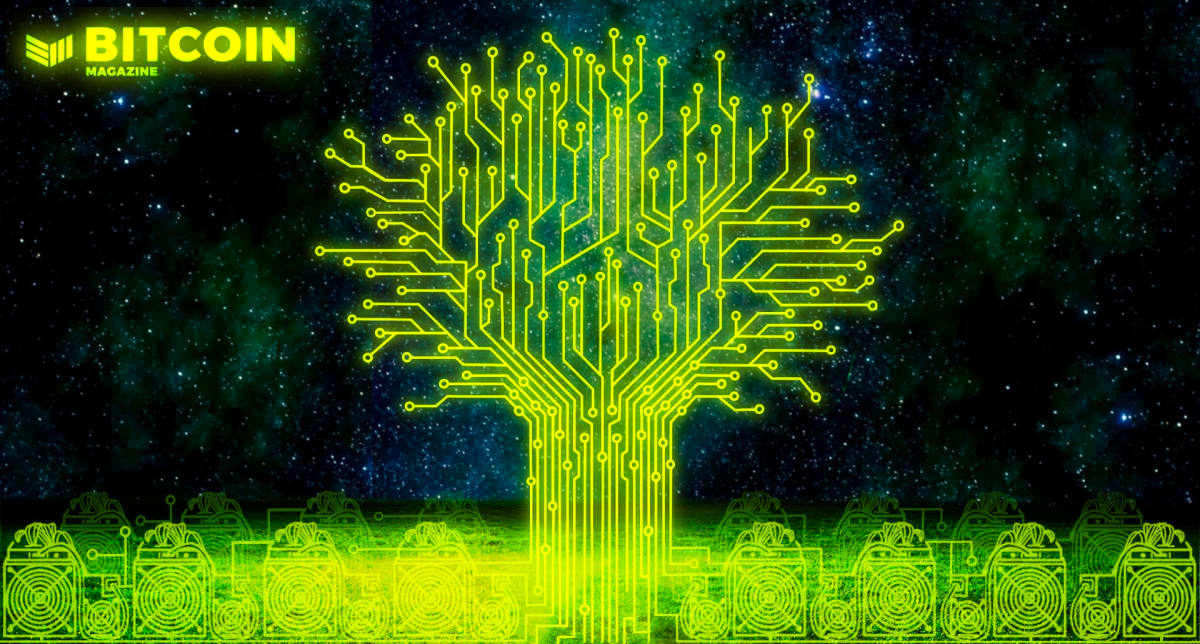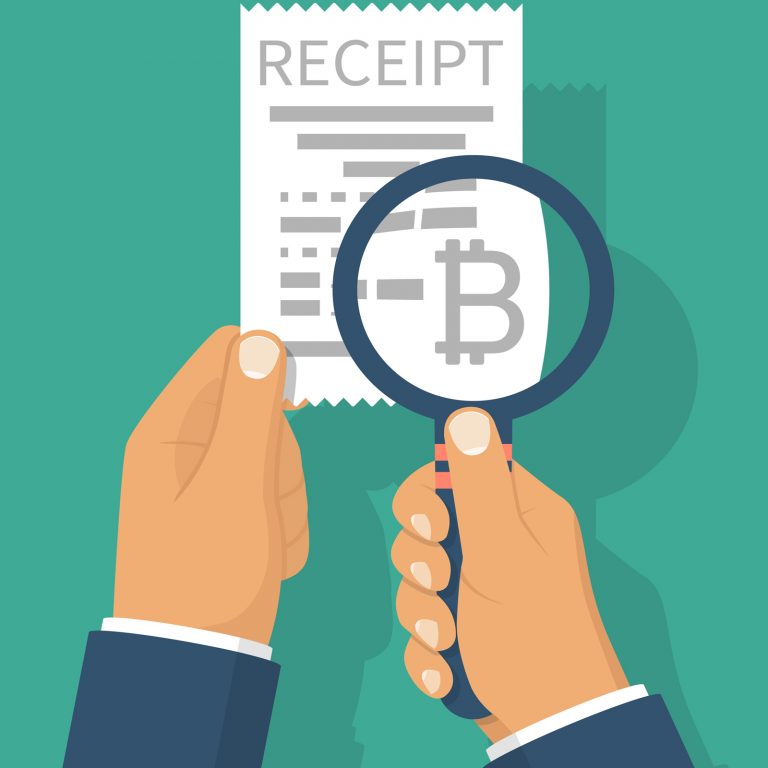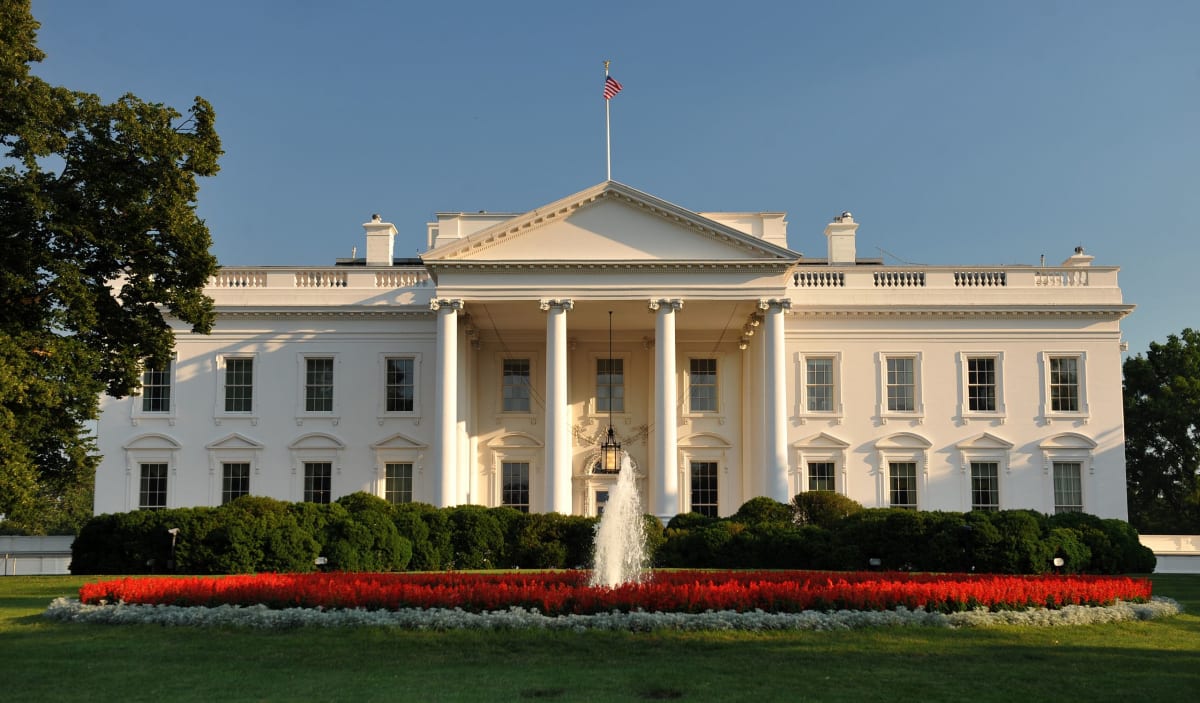
2021-7-8 02:00 |
The often cited “issue” in Bitcoin is misunderstood and misrepresented.
Recently there has been a deluge of headlines about the environmental impact of mining bitcoin. Nearly every article, tweet, video, etc, cites Digiconomist and/or Cambridge as their primary evidence and says some version(s) of the following statements;
“Bitcoin consumes more electricity than Argentina/Kazakhstan.”
“Bitcoin’s electricity consumption as a country ranks in the top 30 globally.”
Comparing Bitcoin to countries and ranking them does a great job of making people feel that Bitcoin is not only one of the leading sources of emissions already, but is truly an outsized problem compared to the nearly 200 countries on the planet.
This comparison is almost always combined with the universal knowledge of Bitcoin’s historical and exponential price-performance leaving the reader with a powerful and unmistakable impression, i.e., that if Bitcoin was to be left unregulated it would ruin the planet with its exponential growth. A sentiment many authors are happy to state explicitly.
There is plenty to say about the methodology and the limitations of these models (and will be the subject of a later piece). However, taking their own data at full value, the environmental impact of Bitcoin mining is completely immaterial.
Comparing the annual emissions output from Digiconomist with CO2 Emissions data from Our World In Data, we find that Bitcoin’s global share of emissions of approximately 47 million tons of CO2 is only about 0.13% of the global annual total out of roughly 37 billion tons today. This is the same data point as used above but contextualized as any global problem should be, within the context of the whole world. As such it paints a radically different image.
It is important to note that these are the calculated emissions for Bitcoin now, at the largest that the Bitcoin network has ever been. While it is impossible to know the exact number, discounting Bitcoin’s exponential growth since 2009 will likely further reduce the average yearly emissions Bitcoin has been responsible for since 2009 by more than half.
Bitcoin has barely been around for 12 years. The data on emissions relating to climate change is measured cumulatively and goes back 270 years to 1750. That’s 21 times longer than Bitcoin has existed. As no one can be 100% sure of Bitcoin’s true impact since 2009, we take the overly conservative approach and project Bitcoin’s current share of global emissions back to the network’s inception and chart it historically with the cumulative amount of emissions. Taking this into account Bitcoin’s share of measured global emissions to date becomes even smaller, approximately 0.028% using this highly conservative approach.
It is important to note the scales of these charts. As Bitcoin’s share of the measured global emissions is so infinitesimally small it is not possible to render any normal size chart that accurately represents Bitcoin’s share of measured global emissions to date. Such a chart would be too small to be visible to the human eye.
Finally, there is also a small provision with the Our World In Data annual CO2 emissions. It only measures CO2 emissions from the burning of fossil fuels for energy and cement production. Land-use change is not included. As energy and cement account for only about 76.2% of the global energy consumption, we need to discount 24%, meaning Bitcoin’s current global share of measured emissions is around only0.098%, less than one-tenth of 1%.
Why Does This Matter?It is abundantly clear that climate change was around before Bitcoin.
Bitcoin didn’t cause climate change. Does Bitcoin have emissions? Yes, all things do. But its emissions as a share of the global total are completely immaterial.
If you are sincere about reducing emissions, you must also want to reduce them in such a way that you get the best blend of the most amount of emissions reduced, for the lowest cost and at the fastest rate possible. The basic economic principle of marginal utility makes it clear that to reduce Bitcoin’s small amount of emissions down to zero, would require an inordinate amount of cash and effort per unit of reduction. There are however numerous industries where the same amount of capital and effort applied, would have a significantly greater and measurable reduction in emissions due to their existing scale. If your goal is reducing emissions, Bitcoin mining is one of the least effective and meaningful targets you could have.
It should be clear at this point that “Bitcoin’s climate change problem” has nothing to do with emissions and everything to do with trying to build support and justification to regulate the freest market in the world, Bitcoin mining.
This is a guest post by Ben Gagnon. Opinions expressed are entirely their own and do not necessarily reflect those of BTC Inc or Bitcoin Magazine.
origin »Bitcoin price in Telegram @btc_price_every_hour
Bitcoin (BTC) на Currencies.ru
|
|




































